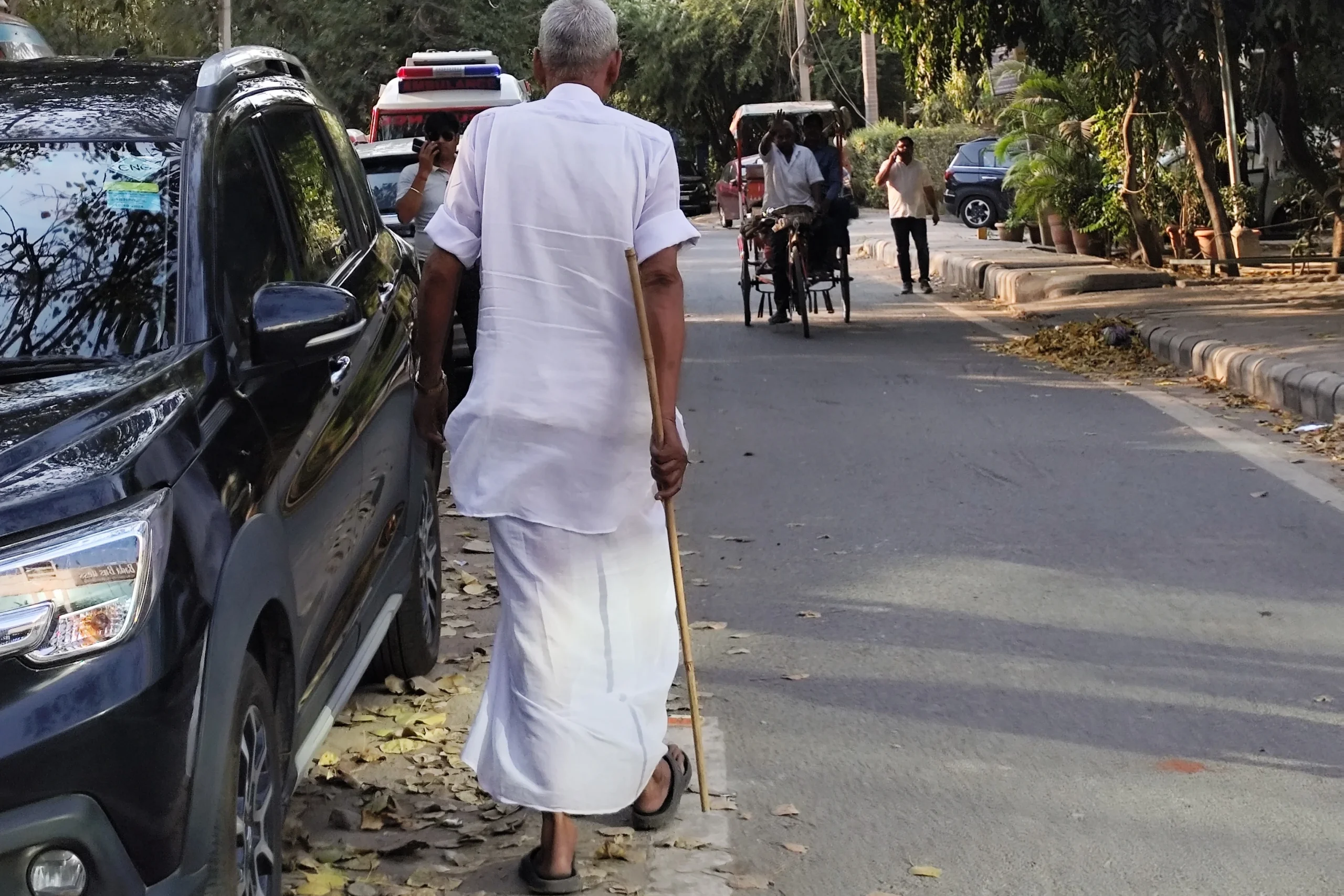
Targeting social norms for addressing development issues – Experiences from PCI India
Author: Dr Monika Chauhan, National Program Manager- Health and Nutrition, PCI India
The possible effects of social norms on individual behaviours, have been under discussion since the past three decades, but only recently it has been substantiated through evidence generation. Targeting social norms is important, because norms are frequently the drivers or barriers to behaviour change and secondly, it is believed that adoption of behaviours by an individual is influenced by the surrounding socio-cultural environment. Studies indicate that interventions targeting a change in social norm are most effective if implemented in an environment where messages are delivered through multiple channels, and those that target collectives[1].
Social norms, defined as either informal understanding or codified rules of behaviour considered acceptable in a group or society. Social norms rely on indirect methods of persuasion that provide accurate information about what people think or do without telling them what they should actually do. The social norms approach integrates a variety of concepts and phenomena that have been well documented in the social science literature such as:
· Pluralistic ignorance– individuals act differently from how they feel
· Self-serving bias like false consensus to justify problem behavior
· Cognitive dissonance– providing accurate information about norms
There is a growing demand for evidence-based programming for social norm change, and rigorous scientific base, but there is limited experience. The USAID funded SPRING project conducted a systematic review of peer reviewed articles highlighting the importance of promoting behaviour change both at social as well as individual level utilizing all possible contact points. Though it suggests that interpersonal communication is key, context and an enabling environment play a significant role in shaping behaviour. Additionally, the role of delivery science including management, supervision, and training processes is emphasized[2].
Recent social norms interventions have focused largely on changing harmful behaviours, such as gender-based violence, alcohol consumption and child marriage. Social norms related interventions are fundamental and equally effective for addressing various forms of malnutrition, especially both stunting and anaemia, in any community setting. Perceptions of risk, outcome expectations, and access to IFA are key factors in effective social norms messaging for anaemia prevention.
The RANI (Reduction in Anaemia through Normative Interventions) project in Odisha tackled these factors through delivering group participatory learning modules in the community, targeting descriptive (one’s perceptions about others’ behaviour) and injunctive norms (one’s perceptions of social expectations regarding the behaviour). By focusing on topics like IFA supplementation, dietary diversity and social/gender norms, RANI was able to increase the odds of taking iron supplements in the community[3].
PCI India’s experience around social norms related interventions
- PCI India, through its various social norms’ inclusive projects is striving for change in behaviours of different target groups/communities (particularly marginalized including tribals) for various health & nutrition and social development issues (family planning, child marriage, dowry, domestic violence etc.). Some notable mentions are TA-DAY NRLM for integration of Food, Nutrition, Health and WASH at national level, JEEViKA Technical Support Program for HN integration- Bihar, Family Planning Convergence Program- Bihar, Transformative Action for Rural Adolescents- Bihar, Gender Transformative Model in 20 districts of Odisha, Umang project- Jharkhand and Women Rise Up against Child Marriage- Jharkhand etc.
- As part of a recent Chhattisgarh Inclusive Rural Accelerated Agricultural Growth (CHIRAAG) project, utilizing a 360-degree approach, PCI India is adopting a layered social behaviour change strategy targeting key nutrition behaviours (during first 1000 days of life including anaemia in adolescents and non-pregnant women) at its first layer and social norms (including gender and socio-cultural practices) at its second. Measures of food security such as Integrated Farming System (IFS), establishment of nutri-garden and livestock models at household level will also be promoted.
- PCI India is also co-hosting South Asia Social Norm Learning Collaborative (SASNLC) in collaboration with the Centre for Social and Behaviour Change (CSBC) (Ashoka University) to look deeper and beyond behaviour change in the domain of social norms to bring sustainability in its efforts for lasting progressive changes in the communities of target. It is a collaborative of organizations and individuals who are working to address and shift regressive social norms to bring about progressive changes for good health and gender equality/equity in the society.
[1] Dempsey RC, McAlaney J, Bewick BM. A critical appraisal of the social norms approach as an interventional strategy for health-related behavior and attitude change. Front Psychol 2018;9:2180.
[2] Lamstein, S., B. Colaiezzi, P. Koniz-Booher, K. Beall, M. Anson, and T. Williams, Strengthening Partnerships, Results and Innovations in Nutrition Globally (SPRING) Project. USAID
[3] Erica Sedlander, Ichhya Pant, Jeffrey Bingenheimer, Hagere Yilma, Lipika Patro, Satyanarayan Mohanty, Rohini Ganjoo, Rajiv Rimal, How does a social norms-based intervention affect behaviour change? Interim findings from a cluster randomised controlled trial in Odisha, India. BMJ Open 2022;12:e053152. doi:10.1136/bmjopen-2021-053152
Centre for Social and Behaviour Change (CSBC), Ashoka University
The Centre for Social and Behaviour Change is a leading Indian institution that drives behavioural change measures for people and communities in need.
Project Concern International (PCI), India
Project Concern International, India has been working since 1998 to co-create and scale sustainable solutions to complex development problems rooted in community realities .












